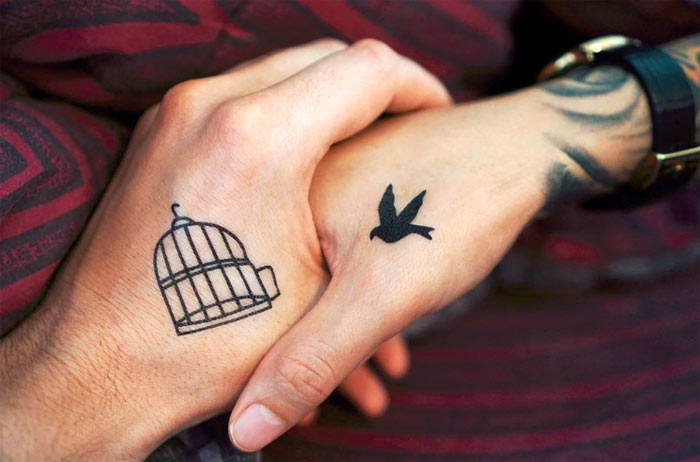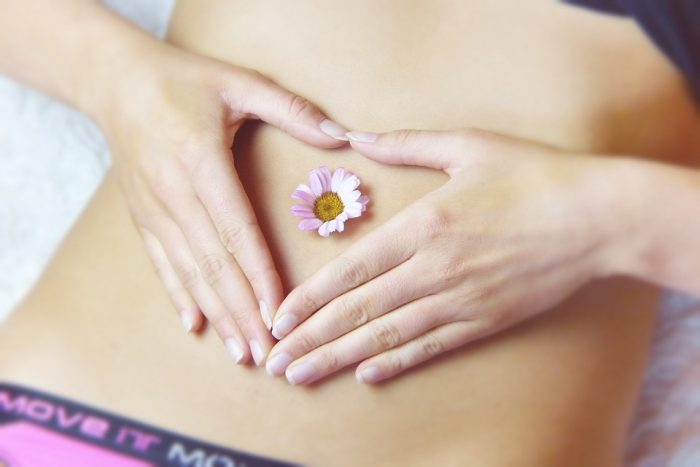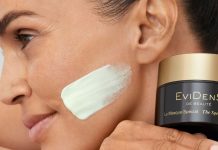There may come a time when you decide that the tattoo you were excited about getting in your 20’s, isn’t something that you’re so happy about now. If you wish you’d not made the decision to have that piece of art tattooed onto your skin forever, fear not – tattoo removal is a great option for getting rid of any unwanted pieces. With the latest in laser technology and treatments advancing rapidly over the last decade, you don’t have to be stuck with your tattoo forever. Here are a few tips if you’re thinking about getting rid of any old artwork.

How it works
Before you decide if tattoo removal is right for you, learning a little more about how it works can be helpful. As previously mentioned, treatments for tattoo removal have improved over the last decade or so, and technology has advanced in a way that means safe and effective treatment.
When you get a tattoo, ink pigments are inserted under the skin, to form the shape, colour, and detail of your tattoo. After this, your body naturally tries to reject the ink, but cannot because of the size – this is how your tattoo then becomes a permanent fixture on the skin. When you have a tattoo removed, a laser will break down the ink pigments and helps your body’s immune system process them out.
There are several things that you can do to prepare for your tattoo removal and ways that you can help your body speed up the process. Here are a few tips that can help with your tattoo removal.
Health and well-being
As mentioned above, your body’s immune system will process ink particles broken down from the laser used to remove your tattoo. Staying healthy and hydrated gives your body the best chance to get rid of your unwanted tattoo, and flush away the particles from your body. If you’re a smoker, quitting altogether would be an advantage and could help to speed up the healing process.

Another great tip when it comes to tattoo removal is to apply sun cream to the area before and after your laser treatment. These treatments can darken or lighten skin pigment where the tattoo is placed, and the areas around the tattoo, so applying sun cream allows you to minimise the chance of your skin pigment changing. You can protect the area by applying a moisturising sunscreen – look for a product that has high SPF.
Your tattoo is unique
Before you decide if tattoo removal is right for you, there are a few things that you should consider. Tattoos are all personal, and there are factors that can influence how well your tattoo fades. Tattoos that are placed closed to your heart have a better chance of fast removal due to circulation, so it’s worth noting that tattoos that are placed on hands, legs, or feet, may take a while and several appointments to fade.
Another element to consider is when you got your tattoo and the artist that carried it out. Older tattoos tend to fade faster than a new addition would. As well as this, if your tattoo was designed and completed by a professional, the ink is more likely to be more evenly spread and harder to remove than if an amateur artist had tattooed you. Generally, amateur tattoos are more easily removed, as the ink is more uneven beneath the skin.
Follow your aftercare advice

If you go ahead with having a tattoo removed, you will be scheduled for a few appointments every six to eight weeks. It is important that you follow your clinic’s advice when it comes to aftercare so that you can achieve the best results. After your appointment, you should avoid tight clothing, perfume, or moisturiser around the tattoo area. Keep the area cool and dry – as a rule, try not to do anything that will cause irritation, or slow down the healing process. Your clinic will give you all the information that you need to ensure safe and optimised healing, all you must do is make sure you follow the advice.











